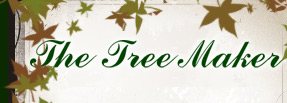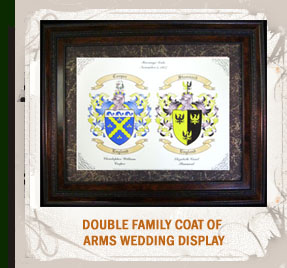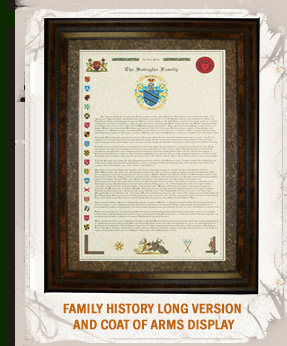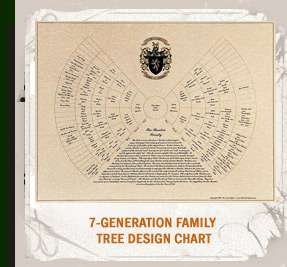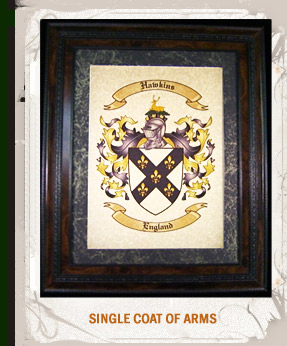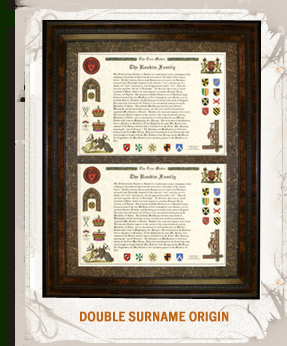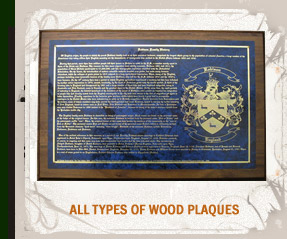Display Your Family History and Coat of Arms
The
Renaissance Period or Renaissance Era: The word Renaissance
is a French word meaning new birth, a name given to the movement
in Europe that inspired men to abandon the restraints of the
Middle
Ages and to develop modern interests, enthusiasm and ideals.
Its most noted feature was the Revival of Learning, an awakening
of mind and a thirst after the new knowledge. This resulted in numerous
investigations of natural events, in a widespread study of art and
literature and in a broadening of outlook to a degree never before
known.
Before the fifteenth
century clergymen were the only educated class. They were accepted
as authority on all subjects. But in the Renaissance men all over
Europe began to think for themselves. Many learned men came from
the East into Western Europe, bringing literature, arts, and other
treasures, after the fall of Constantinople {1453}. They helped
very greatly in developing the new thirst for knowledge and the
appreciation of human interests, although these men were not the
direct cause of the Renaissance as some writers suppose. The birth
of new ideas and eagerness in using them grew out of many preceding
conditions that slowly developed through the centuries, particularly
in the fourteenth century.
Indeed the Middle
Ages had a civilization and culture of their own. Ancient customs
and numerous wrong notions imprisoned this culture. The Renaissance
upset these traditions at many points, and by using certain old
ideas built up a new civilization.
The Renaissance
did not consist so much in a change of subjects of study as it did
in setting up a new viewpoint from which well-known facts may be
considered. Languages, philosophy, art, government, and religion
were studies as fields in which to make discoveries and critical
comparisons.
Although theoretical
purposes as first ruled the movement, men came to see its value
in promoting progress and so later made a multitude of practical
applications of the new learning.
The new curiosity
brought out new facts and so led to a rejection of many errors about
the natural world; students gave scant attention to mere opinions
and learned to make direct observations. Then the foundations of
modern science were laid.
Humanism also
arose. This means a very high regard for the facts pertaining to
the human race. Shallow ideas about human nature and man's
place in society melted away and man was then viewed as a living,
inspiring subject for direct observation and study.
A self-sacrificing
devotion to Greek and Latin studies brought later great enlargement
to all modern languages and literatures. Raphael, Da Vinci, Titian,
Corregio and others produced words of art that have never been surpassed.
The Renaissance
helped in the philosophy, Bruno and other thinkers threw off the
chains of cramped intellectual masters for the sake of gaining a
free, ancient but pagan viewpoint. This new position proved unsuitable
in the end, but it served at the time as a means of escape, a necessary
step in the direction of modern philosophy.
The Renaissance
gradually reached all parts of Europe and finally modified all phases
of social life. It developed new arts such as printing, new conceptions
of our earth through geographic discoveries, new national policies
as in the cultivation of trade by sea, new church life through the
Reformation. It brought inspiration, light and joy to those who
delighted in art, learning and adventure. However, the neglected
masses of peasants were long in gaining any relief from their miseries.
Our growth of knowledge was held back by the Middle Ages, and the
Renaissance period helped us learn that knowledge with a great speed
indeed.
